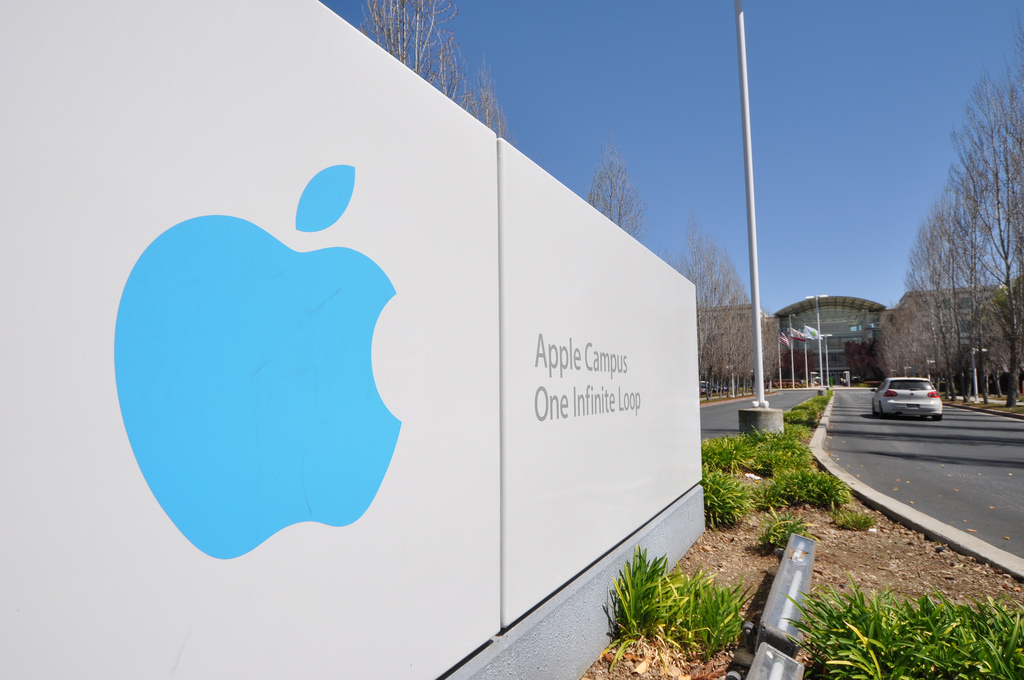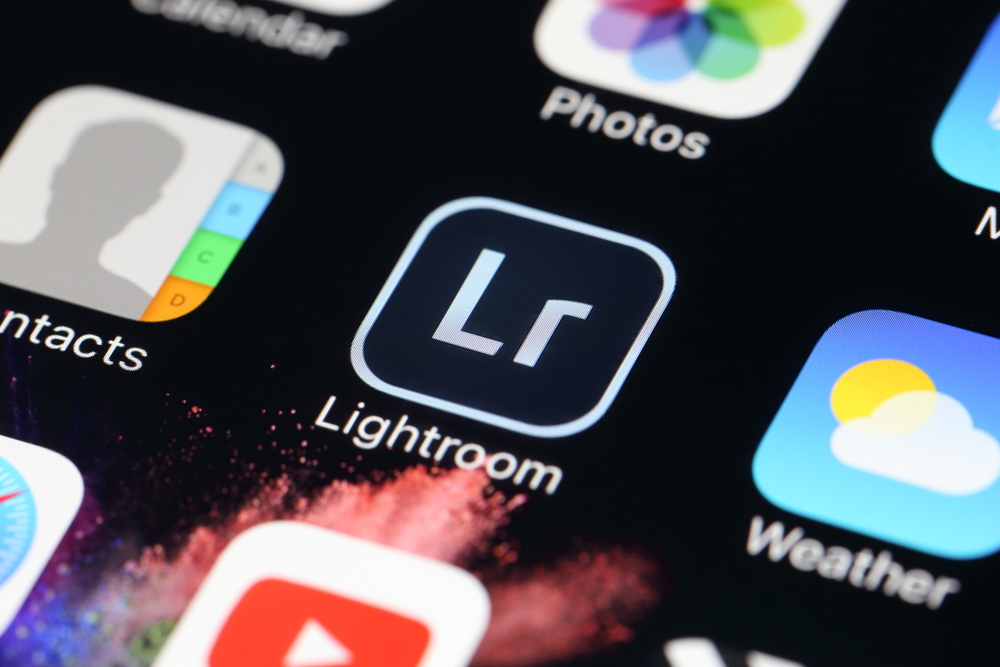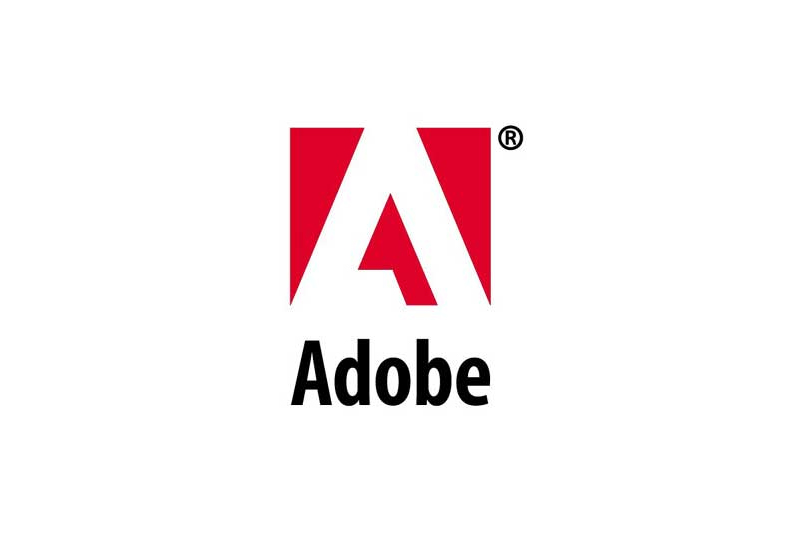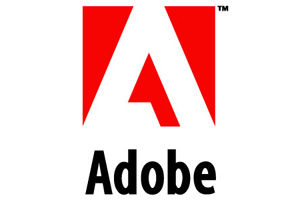Apple pulls support for QuickTime on Windows, leaves Adobe hanging
QuickTime video codecs still needed in Adobe After Affects and others

Apple has confirmed that it is no longer supporting QuickTime for Windows, following reports last week of serious security vulnerabilities threatening the software.
Security firm Trend Micro released an urgent blog post last week recommending that that Windows users of QuickTime uninstall the software as soon as possible. It claimed Apple will no longer be supporting its video player, and notified readers of two new security holes that had been identified.
The United States Computer Emergency Readiness Team quickly passed on the security firm's warning.
Apple has made no formal announcement about ending support for QuickTime on Windows. However, on Wednesday it updated its support page dedicated to the software with the following additional information: "QuickTime 7 for Windows is no longer supported by Apple."
QuickTime has been a fixture for Apple on Windows machines for several years. The users were prompted to install it along with the company's iTunes media software. The latter made use of QuickTime's video player functions for some of its own media, including the video content purchased from the iTunes Store.
Apple's decision to pull the plug on its support for QuickTime on Windows has also affected other software makers, and their users who rely on some of its codecs.
Adobe is one such company that relies on QuickTime, which it uses in Adobe After Effects and some of its other products.
Get the ITPro daily newsletter
Sign up today and you will receive a free copy of our Future Focus 2025 report - the leading guidance on AI, cybersecurity and other IT challenges as per 700+ senior executives
Following the news, Adobe has distanced itself from Apple. In a statement, Adobe said: "Adobe has worked extensively on removing dependencies on QuickTime in its professional video, audio and digital imaging applications and native decoding of many .mov formats is available today (including uncompressed, DV, IMX, MPEG2, XDCAM, h264, JPEG, DNxHD, DNxHR, AVCI and Cineform). Native export support is also possible for DV and Cineform in .mov wrappers.
It added: "Unfortunately, there are some codecs which remain dependent on QuickTime being installed on Windows, most notably Apple ProRes. We know how common this format is in many worfklows, and we continue to work hard to improve this situation, but have no estimated timeframe for native decode currently.
"Adobe's desire has always been to support everything natively without the need for QuickTime. As a result of the above we intend to increase our efforts to remove these incompatibilities, and provide our customers with a complete native pipeline."
This kerfuffle over QuickTime's codecs will be sour news for Adobe, which continues to face criticisms for its Flash middleware. For the time being, Windows users who rely on some its QuickTime-dependent products may have to risk keeping it installed.
Apple noted at new versions of Windows has included support for Apple-created media formats, such as H.264 and AAC, since 2009.
For information on how to uninstall QuickTime 7 for Windows, see Apple's support page.
Image: Flickr-CC/Roger Schultz
-
 CyberOne appoints Microsoft’s Tracey Pretorius to its advisory board
CyberOne appoints Microsoft’s Tracey Pretorius to its advisory boardNews The threat intelligence leader will provide strategic guidance to CyberOne’s executive team
By Daniel Todd
-
 CISA issues warning in wake of Oracle cloud credentials leak
CISA issues warning in wake of Oracle cloud credentials leakNews The security agency has published guidance for enterprises at risk
By Ross Kelly
-
 Adobe co-founder John Warnock dies aged 82
Adobe co-founder John Warnock dies aged 82News Warnock was pivotal in the development of the PostScript programming language in the early 80s
By Ross Kelly
-
 Google adds new compliance and security certifications for Google Cloud
Google adds new compliance and security certifications for Google CloudNews New certifications prove Google meets data protection and security requirements in Europe, the US, and Asia-Pacific region.
By Praharsha Anand
-
 Adobe erased users' photos with botched Lightroom update
Adobe erased users' photos with botched Lightroom updateNews The company has admitted that some customers' photos and presets are not recoverable
By Carly Page
-
 Australia takes Apple, Microsoft and Adobe to task over high product prices
Australia takes Apple, Microsoft and Adobe to task over high product pricesNews Tech giants have been summonsed to appear in front of an Australian parliamentary committee to explain product pricing strategies.
By ITPro
-
 Adobe takes the wraps off new website developer tools
Adobe takes the wraps off new website developer toolsNews Software firm launches free tools for HTML5 and JavaScript developers.
By Lindsay Vormack
-
 Adobe to personalise website experience
Adobe to personalise website experienceNews Firm updates Web Experience Management software and offers HTML5-based app creation tool
By Khidr Suleman
-
 Adobe previews Flash alternative Edge
Adobe previews Flash alternative EdgeNews Flash may be on its last legs thanks to Adobe's new HTML5 tool, known as Edge.
By Tom Brewster
-
 Adobe Flash imminent for Android 3.0 tablets
Adobe Flash imminent for Android 3.0 tabletsNews The updated Flash Player 10.2 will be available for Android 3.0 - Honeycomb - tablets within weeks of the OS’ launch.
By Jennifer Scott